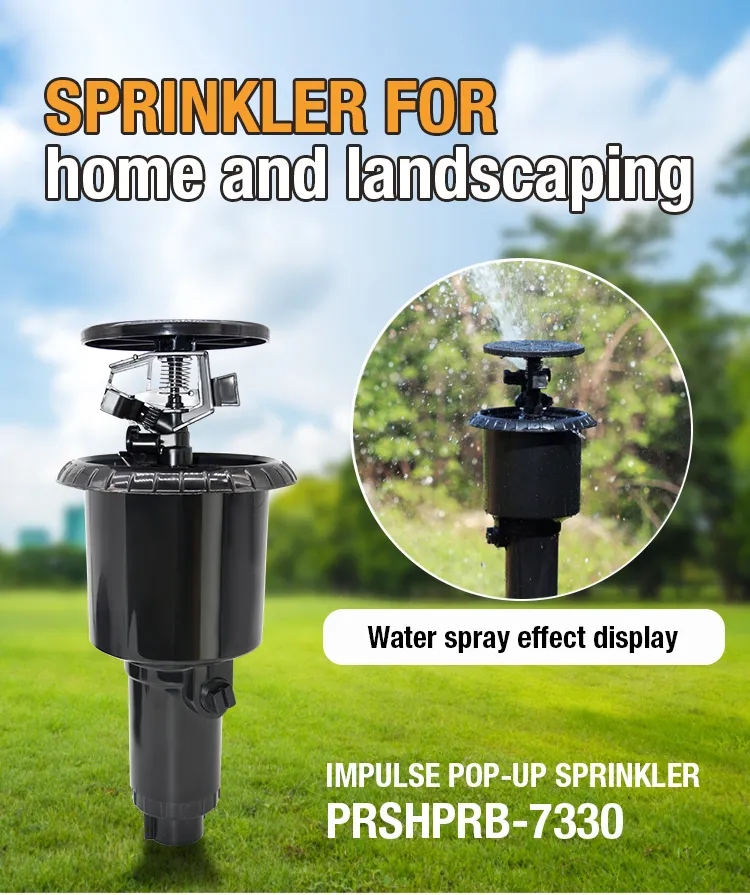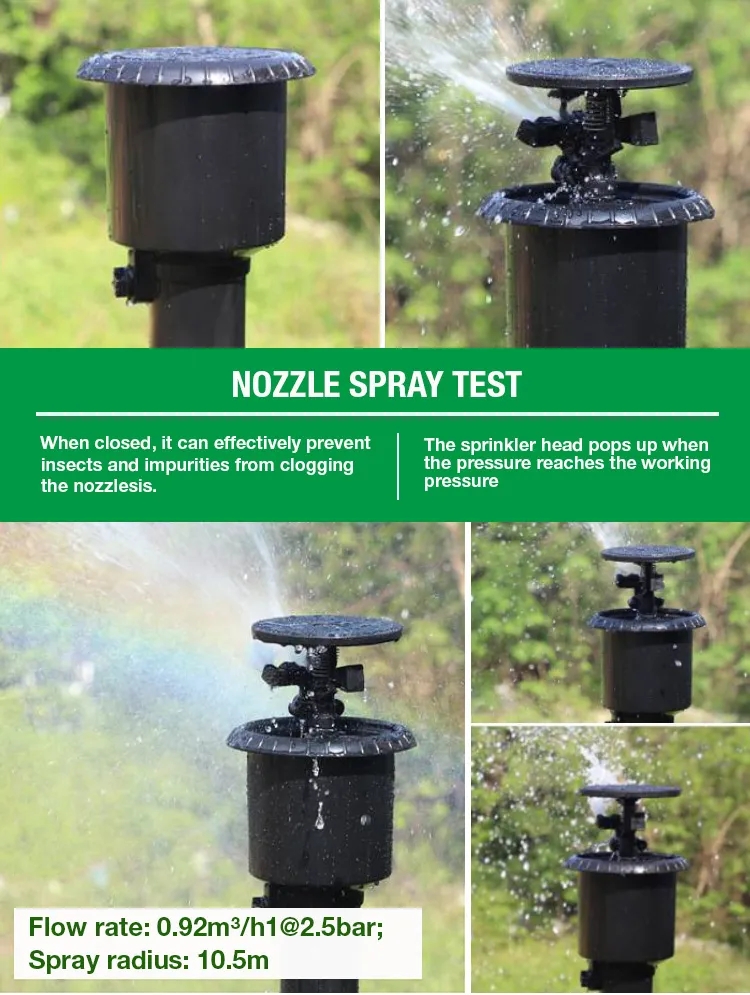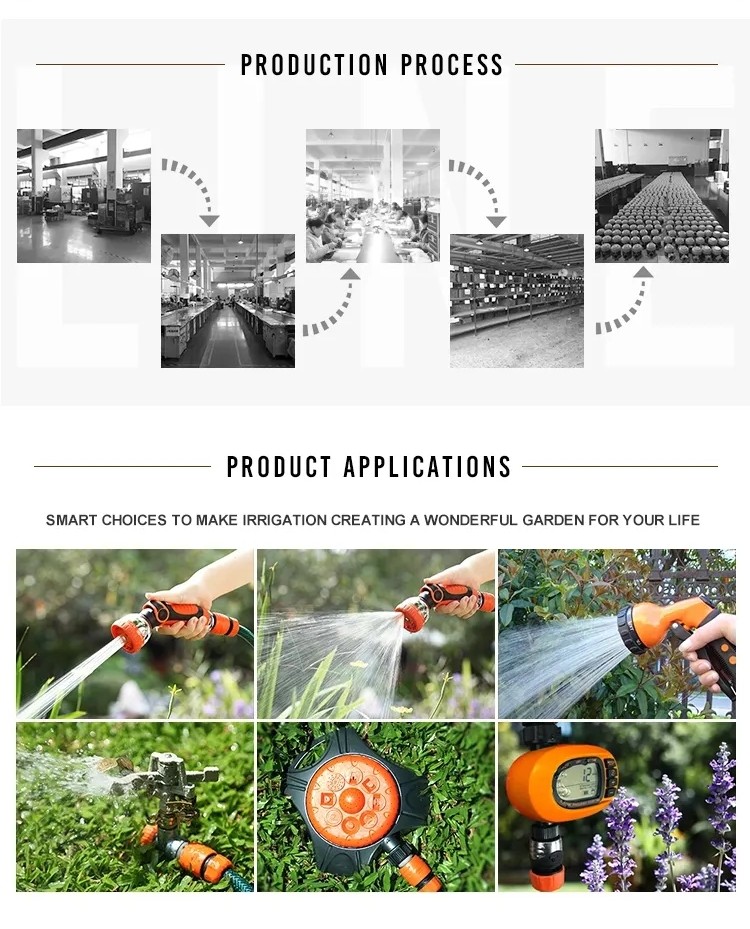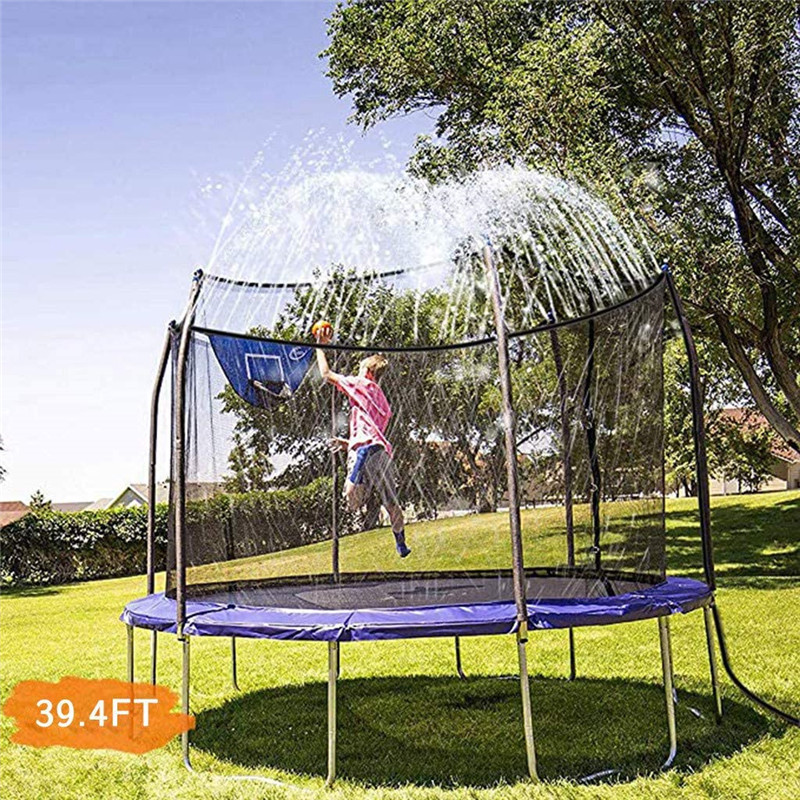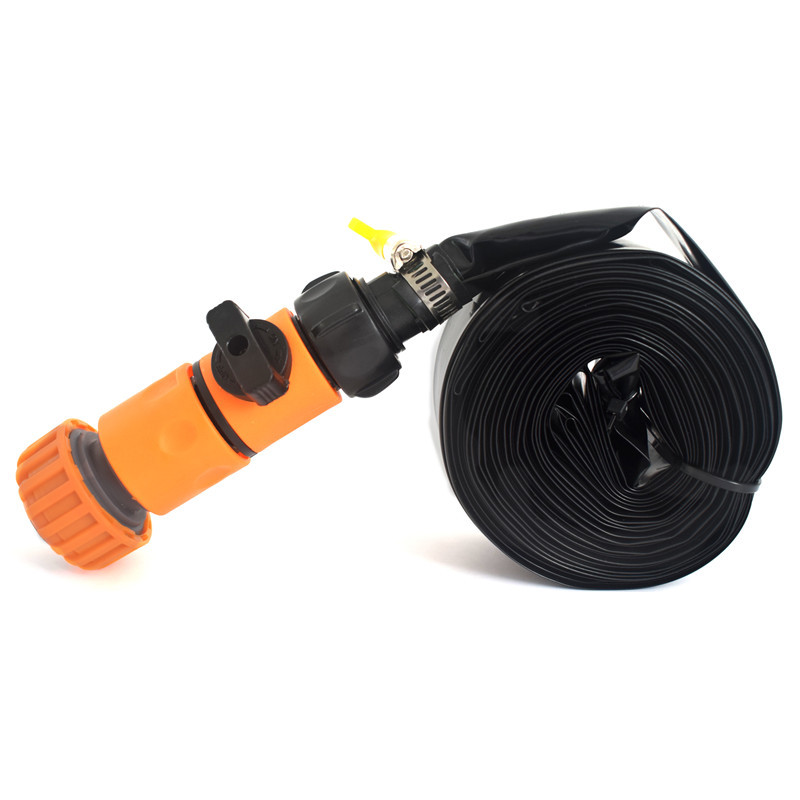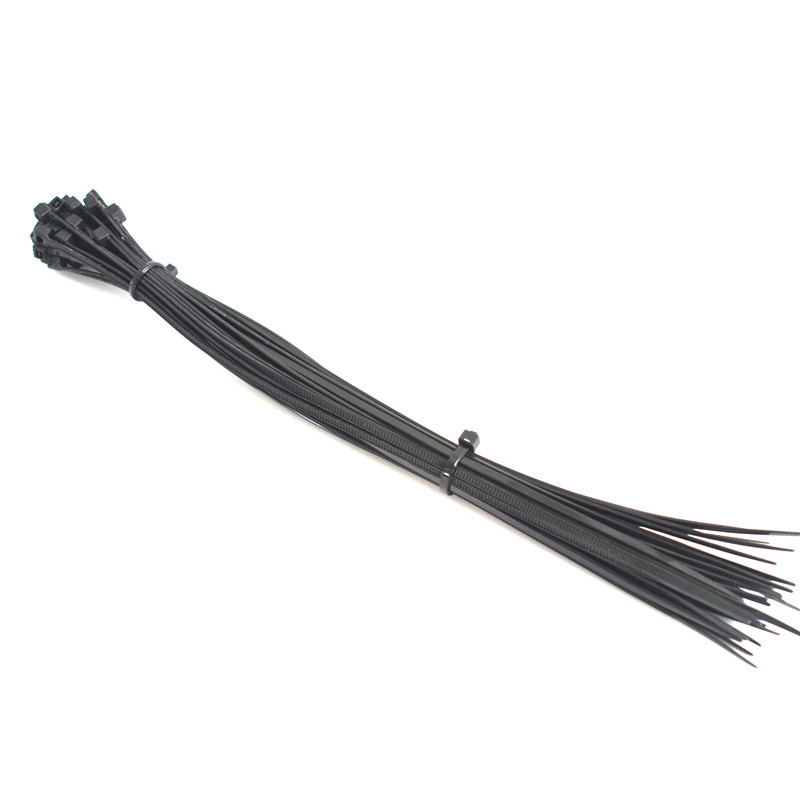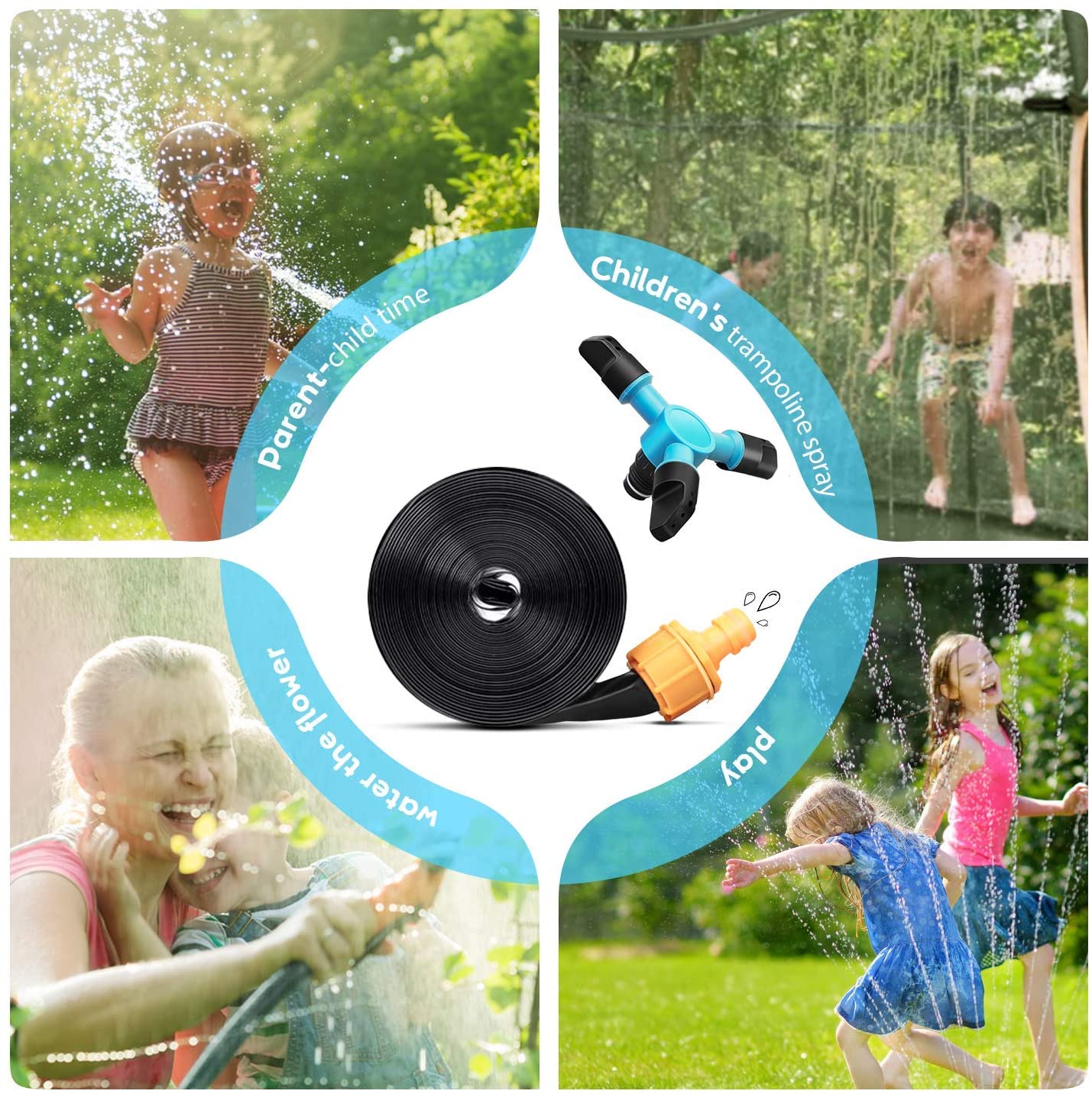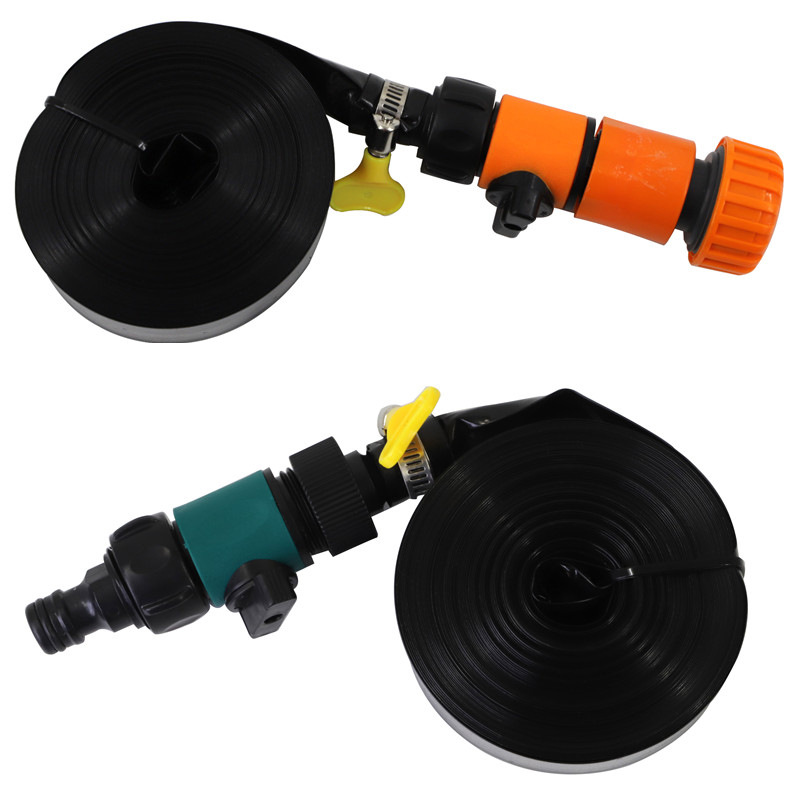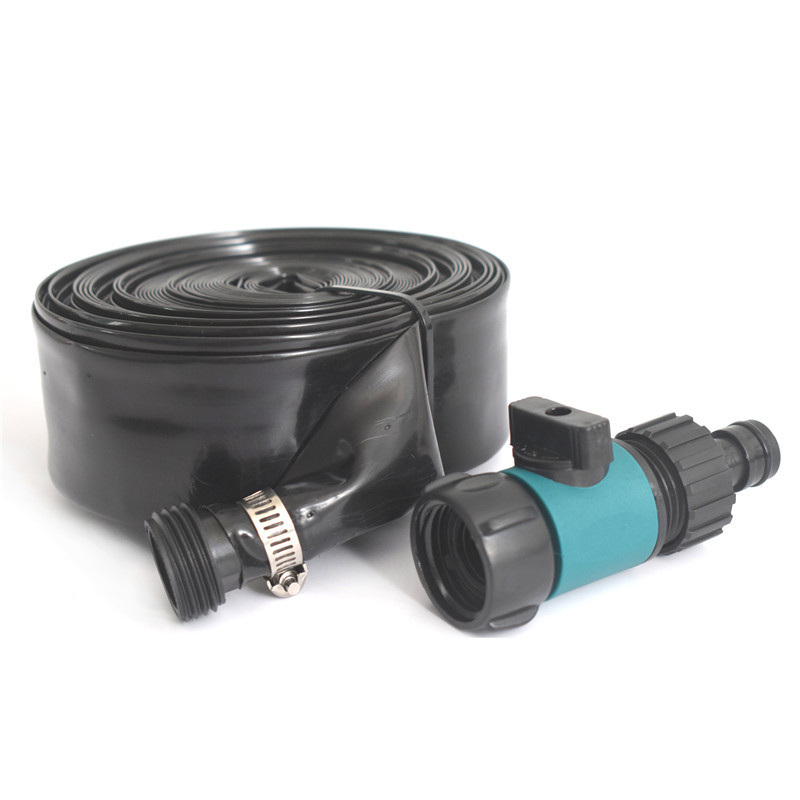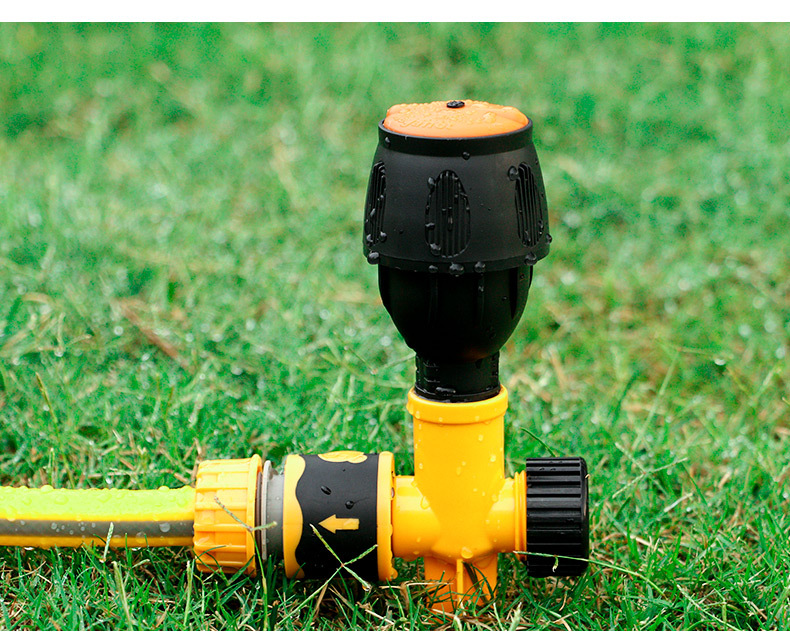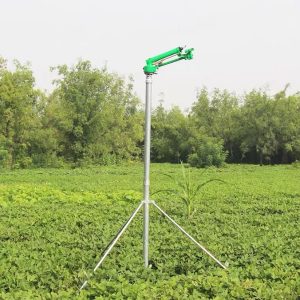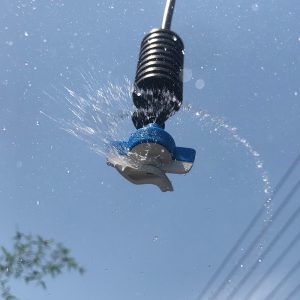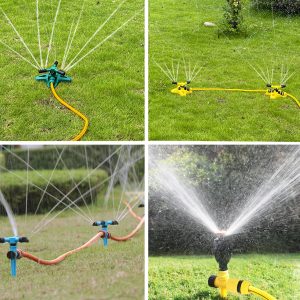Sprinklers are a type of irrigation system that use water to simulate rainfall by spraying water over a large area in a controlled manner. Sprinklers are commonly used in residential, commercial, and agricultural settings to water lawns, gardens, crops, and athletic fields.
The main components of a sprinkler system include a water source, a pump or valve to control water flow, a network of pipes or hoses to distribute water, and sprinkler heads that spray water over the area to be irrigated. Sprinklers can be designed to spray water in a variety of patterns, including circular, rectangular, and fan-shaped, and can be adjusted to control the flow and direction of water.
One of the main advantages of sprinkler systems is their versatility. They can be used to irrigate large areas and can be customized to meet the specific needs of different plants and soil types. Additionally, sprinkler systems can be designed to be automated, which allows for precise control over watering schedules and helps to conserve water.
Sprinkler systems can also help to maintain healthy plants by providing a consistent supply of water, which can reduce stress and improve plant growth. However, it is important to note that sprinkler systems can be less efficient than other irrigation methods, such as drip irrigation, because they can result in significant water loss due to evaporation and runoff.
Overall, sprinkler systems are a popular and effective way to irrigate a variety of landscapes and crops, and their versatility and automation capabilities make them a convenient option for many property owners.
